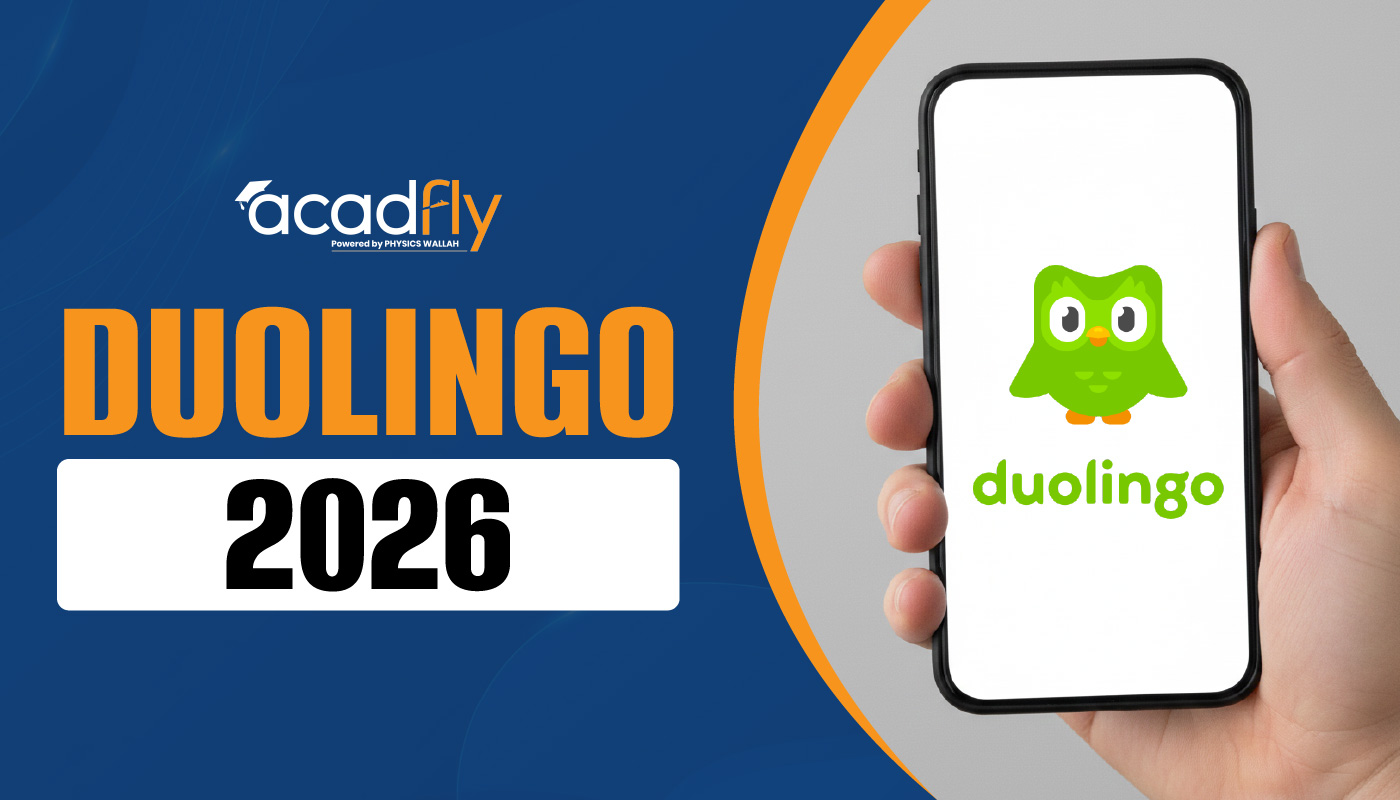GRE scores for Ivy League Universities 2025: Candidates planning to apply to an Ivy League graduate program in 2025, candidates probably wondering how much GRE score matters. While many universities have moved toward test-optional policies, strong GRE scores can still significantly strengthen candidates' application especially for competitive or quantitative programs.
In the sections below, we discuss GRE Scores You Need to Get Into Ivy League Universities, average and competitive GRE scores required,what Ivy League admissions committees look for, and help candidates to understand how their GRE score fits into your application.
What Are Ivy League Universities?
Ivy League is a group of eight renowned private colleges in the Northeastern United States known for their academic excellence, selective admissions, and historic legacy. These universities are Harvard University, Yale University, Princeton University, Columbia University, and others are the most competitive universities in the world.
Candidates aiming to join one of these top universities, standardised test scores like the GRE (Graduate Record Examination) play an important role in the admissions process for many graduate programs.
Why GRE Scores Matter for Ivy League Admissions?
While not all Ivy League universities require the GRE anymore, many universities think GRE score is a valuable part of the admissions process. For technical or analytical programs like engineering, computer science, or economics, GRE scores are often seen as a measure of academic ability. A strong GRE score can:
-
Demonstrate your readiness for graduate-level coursework
-
Strengthen your application if your GPA is lower than average
-
Help you stand out in a competitive applicant pool
What Is a Competitive GRE Score for Ivy League Universities?
Getting into an Ivy League graduate program is highly competitive, and the GRE scores can significantly influence the chances, especially in programs that still require or recommend the test. To stand out at Ivy League universities, candidates generally want to aim for the following competitive GRE score ranges:
|
GRE Section |
Competitive Score Range |
|
Verbal Reasoning |
160 - 165+ |
|
Quantitative Reasoning |
160 - 170 |
|
Analytical Writing |
4.0 - 5.0 |
Note: Keep in mind that these are general benchmarks. Exact expectations can vary depending on the program and department.
GRE Scores for Ivy League Universities in 2025
Candidates planning to apply to one of the eight Ivy League Universities in 2025, understanding their GRE expectations is important. While admissions are limited, a competitive GRE score can significantly strengthen candidates' application especially in programs where academic, quantitative analysis, or research writing are key components.Candidates are required to keep in mind that these scores represent competitive ranges not hard cutoffs. Check below the university-by-university breakdown of GRE expectations for Ivy League universities:
1. Harvard University: Harvard has moved toward test-optional policies for some programs. However, a high GRE score is considered impressive, especially in STEM and public health programs.
-
Verbal: 162–168
-
Quant: 160–170
-
Writing: 4.5+
2. Yale University: Yale University uses a flexible approach. Some departments require the GRE score, while others consider it optional. If candidates are applying to technical or social science fields, submitting a good score can be helpful.
-
Verbal: 160–165
-
Quant: 158–167
-
Writing: 4.0–5.0
3. Princeton University: Princeton university is one of the Ivy League universities where GRE scores pay a significant weight, especially for PhD programs in economics, public policy, and STEM.
-
Verbal: 160–167
-
Quant: 162–170
-
Writing: 4.5+
4. Columbia University: Columbia has adopted a department-specific policy. GRE scores are required or recommended for programs like data science, engineering, and international affairs.
-
Verbal: 158 - 165
-
Quant: 160 - 168
-
Writing: 4.0+
5. University of Pennsylvania (UPenn): While some of UPenn’s master’s programs are test-optional. However, many competitive programs, especially Wharton and engineering still recommend submitting GRE scores.
-
Verbal: 160 -165
-
Quant: 158 - 167
-
Writing: 4.0 - 4.5
6. Brown University: Brown University takes a broad view of candidates. However, in fields like computer science or neuroscience, a strong GRE score can give their application an sharpness.
-
Verbal: 158–164
-
Quant: 155–165
-
Writing: 4.0+
7. Dartmouth College: Dartmouth’s graduate programs are smaller and more selective, which means a solid GRE score can help you stand out.
-
Verbal: 157–163
-
Quant: 155–165
-
Writing: 4.0+
8. Cornell University: Cornell has test-optional policies in several departments, but high GRE scores remain an advantage in quantitative and technical programs.
-
Verbal: 158–165
-
Quant: 160–169
-
Writing: 4.0–4.5
Is There a GRE Cutoff for Ivy League Universities?
There’s no official GRE cutoff for Ivy League universities, but most successful candidates fall within certain score ranges. Here’s a general idea based on program type:
|
Program Type |
Verbal |
Quant |
AWA |
|---|---|---|---|
|
Engineering/STEM |
155+ |
165+ |
4.0+ |
|
Humanities |
160+ |
150+ |
4.5+ |
|
Economics/Finance |
160+ |
160+ |
4.0+ |
|
Public Policy |
158+ |
155+ |
4.0+ |
How Ivy League Programs Use GRE Scores
Each university and department evaluates GRE scores differently. Here’s how they typically factor into the application process:
-
Required: Some technical programs still mandate the GRE as part of admissions.
-
Optional but Recommended: Even when not required, a strong score can demonstrate academic strength.
-
Test-Optional: Programs may not consider GRE scores unless submitted, but submitting a good score can boost your profile.
How to Prepare for a Competitive GRE Score
Achieving a high score on the GRE can help candidates stand out in the competitive points of Ivy League applicants.Here are some practical tips to help candidates to prepare for GRE:
-
Set a Target Score
-
Use Official GRE Materials
-
Develop a 3–6 Month Study Plan
-
Practice Timed Essays
-
Balance Your Sectional Scores.
GRE Scores You Need to Get Into Ivy League Universities FAQs
Are GRE scores required for Ivy League universities in 2025?
How long is my GRE score valid for Ivy League applications?
Do Ivy League MBA programs accept GRE scores?
Can Work Experience Compensate for a Lower GRE Score?









